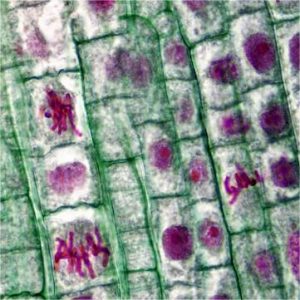Featured Products
Explore Products- Human Orbital Fibroblasts
- Human Microglia
- Human Pulmonary Alveolar Epithelial Cells
- Human Colonic Fibroblasts
- Human Type II Alveolar Epithelial Cells
- Human Valvular Interstitial Cells
- Human Thyroid Epithelial Cells
- C57BL/6 Mouse Dermal Fibroblasts
- Human Alveolar Macrophages
- Human Dermal Fibroblasts, Adult
- Human Lung Fibroblasts, Adult
- Human Retinal Muller Cells
- Human Articular Chondrocytes
- Human Retinal Pigment Epithelial Cells
- Human Pancreatic Islets of Langerhans Cells
- Human Kidney Podocyte Cells
- Human Renal Proximal Tubule Cells




 Human Epidermal Keratinocytes, Adult (HEKa) are primary cells derived from adult skin and preserved through cryopreservation. Constituting the predominant cellular population in the epidermis, the outermost skin layer, they account for approximately 90% of all epidermal cells. Their pivotal role lies in the synthesis of keratin, the principal intermediate filament responsible for upholding the skin’s barrier function. Furthermore, these keratinocytes engage in interactions with epidermal melanocytes, facilitating the acquisition and sequestration of melanin as a defense mechanism against harmful UV radiation, thus fortifying the skin’s photoprotective capabilities.
Human Epidermal Keratinocytes, Adult (HEKa) are primary cells derived from adult skin and preserved through cryopreservation. Constituting the predominant cellular population in the epidermis, the outermost skin layer, they account for approximately 90% of all epidermal cells. Their pivotal role lies in the synthesis of keratin, the principal intermediate filament responsible for upholding the skin’s barrier function. Furthermore, these keratinocytes engage in interactions with epidermal melanocytes, facilitating the acquisition and sequestration of melanin as a defense mechanism against harmful UV radiation, thus fortifying the skin’s photoprotective capabilities.